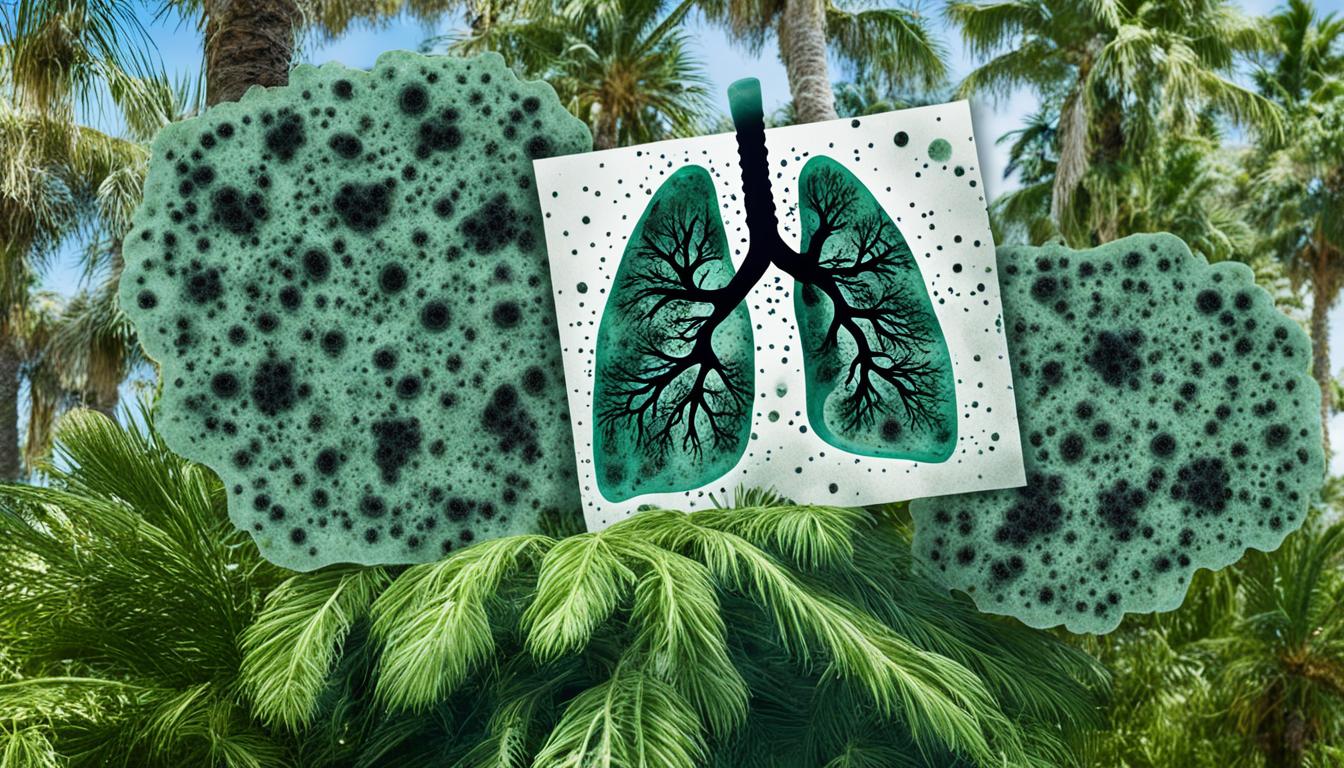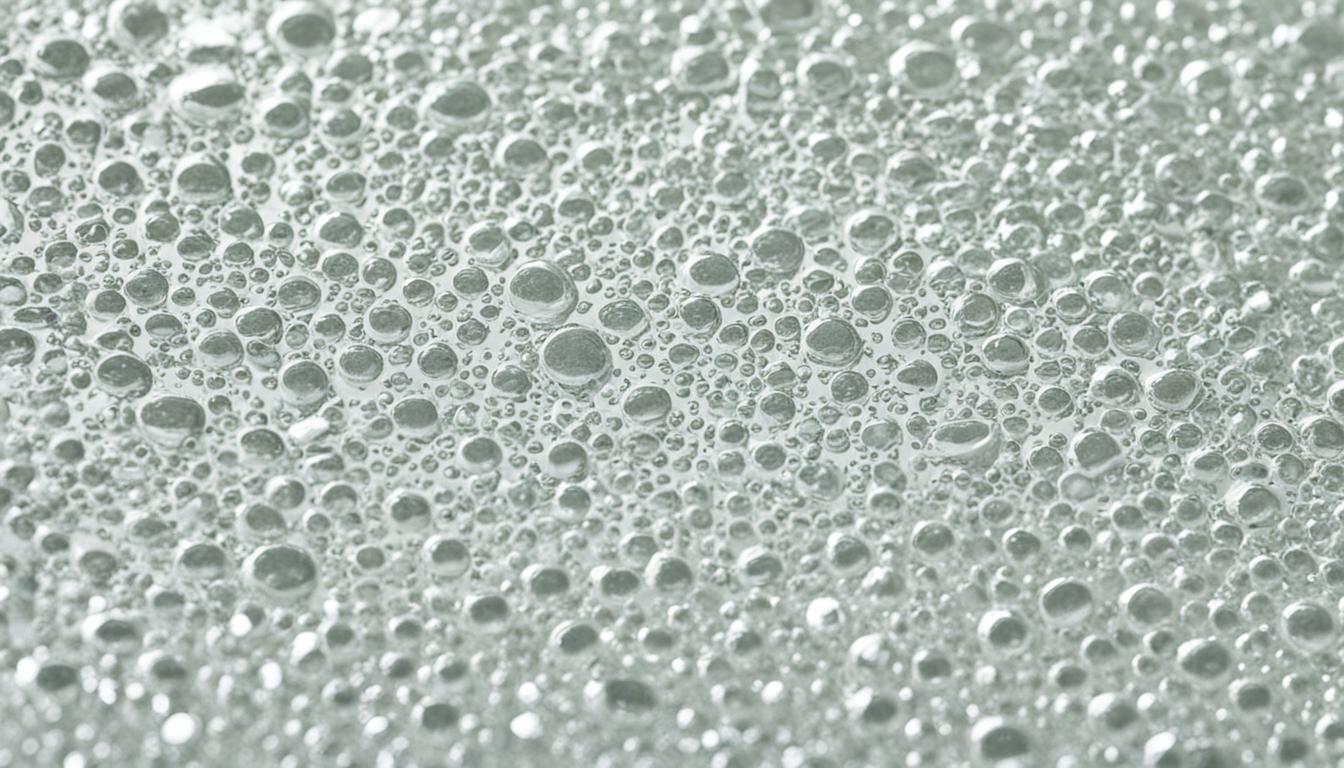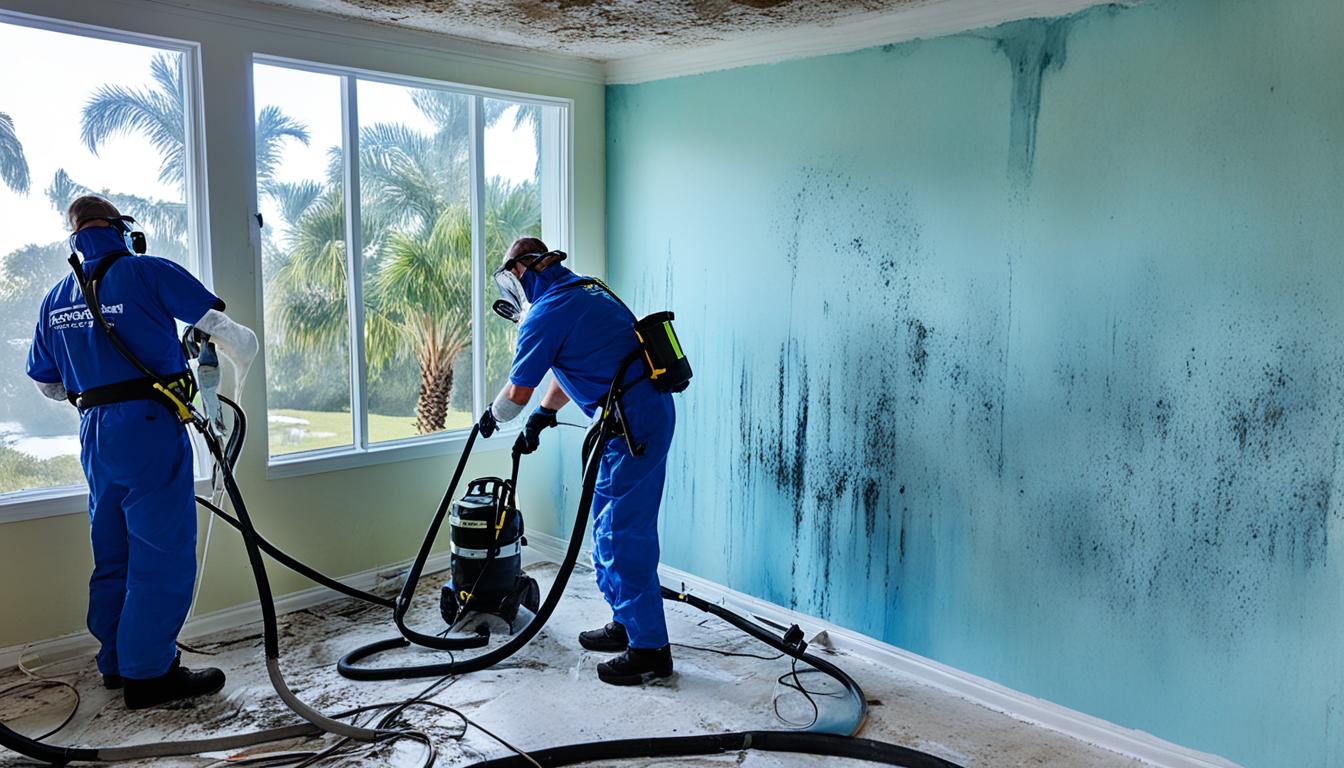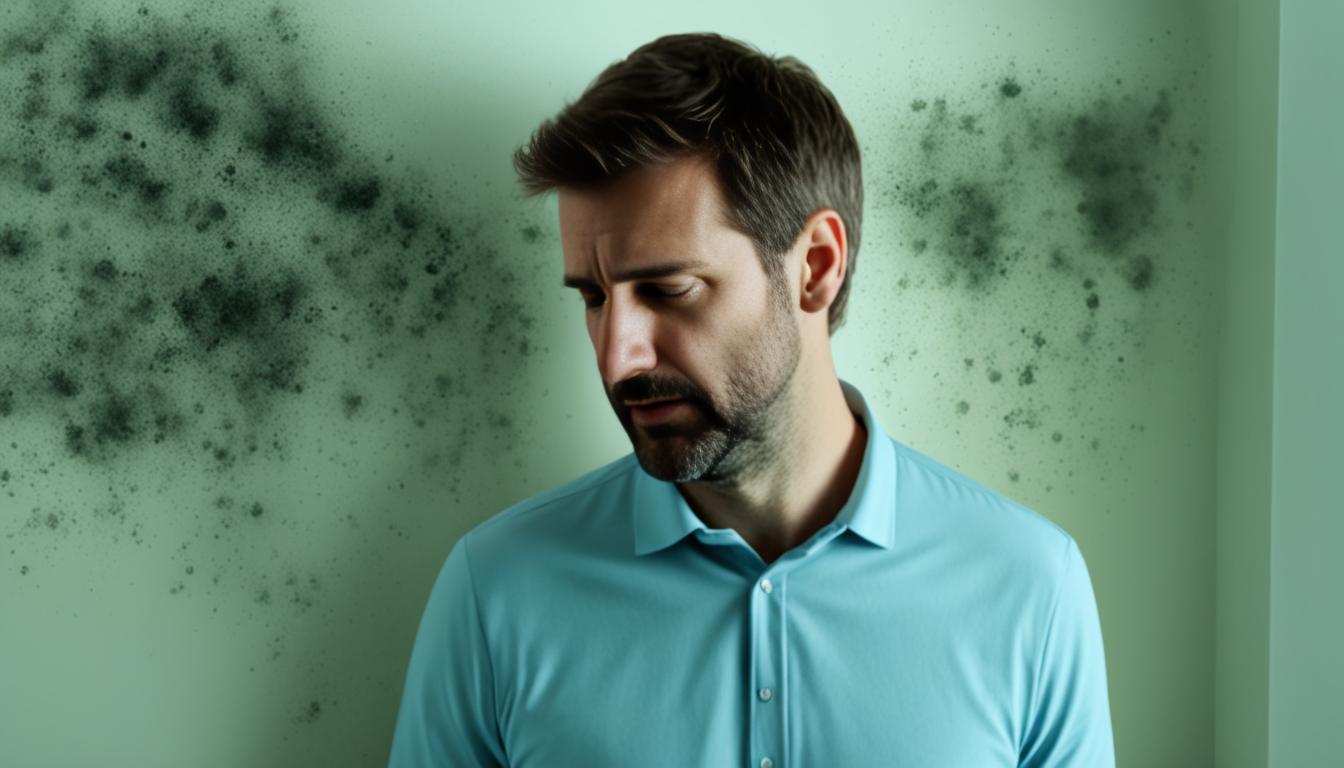
Symptoms of Mold Exposure Florida: Know the Signs
Mold is a common issue in many homes and buildings in Florida, and exposure to mold can have detrimental effects on your health. It’s important to be aware of the signs and symptoms of mold exposure so that you can take appropriate measures to protect yourself and your loved ones.
Exposure to mold can lead to various health issues, ranging from mild allergic reactions to serious respiratory problems. Some of the common symptoms you may experience if you have been exposed to mold include:
- Respiratory problems such as coughing, wheezing, and shortness of breath
- Allergic reactions like sneezing, runny nose, and itchy eyes
- Skin irritation, rashes, or hives
- Headaches and fatigue
- Unexplained muscle or joint pain
- Difficulty concentrating or memory problems
If you notice any of these symptoms, especially when you are in a particular location such as your home or workplace, it could be a sign of mold exposure. Identifying and addressing the issue promptly is crucial to prevent further health complications.
Key Takeaways:
- Mold exposure in Florida can lead to various health issues.
- Symptoms of mold exposure include respiratory problems, allergic reactions, skin irritation, and more.
- Pay attention to any symptoms that arise in specific locations, as it could be a sign of mold presence.
- Prompt identification and remediation of mold is essential for protecting your health.
- Consulting a professional mold remediation service is advisable for thorough assessment and proper removal.
Recognizing the Symptoms of Mold Exposure
Mold exposure can cause various health issues, and recognizing the symptoms is crucial for early detection and prevention. Whether you reside in Florida or any other location, being aware of the signs can help you take timely action to protect your well-being. In this section, we will explore the different symptoms associated with mold exposure, including respiratory problems, allergic reactions, skin irritation, and mold-related illnesses.
Respiratory problems are one of the most common symptoms of mold exposure. If you frequently experience coughing, wheezing, shortness of breath, or respiratory infections that don’t seem to subside, it may be a sign of mold-related respiratory issues.
Allergic reactions can also occur when exposed to mold. If you notice persistent sneezing, itching, watery eyes, or nasal congestion that worsens in certain environments, it could be an indication of an allergic reaction triggered by mold.
Another symptom of mold exposure is skin irritation. Rashes, redness, itching, or hives that appear and persist without an apparent cause may be linked to mold in your surroundings.
Mold-related illnesses can range from mild to severe, depending on the duration and intensity of exposure. Some individuals may experience flu-like symptoms, fatigue, headaches, difficulty concentrating, or even systemic effects on various organs.
It’s important to note that the symptoms mentioned above can be caused by other factors as well. However, if you consistently experience these symptoms in certain environments, especially ones with a musty odor or visible signs of mold growth, it is advisable to investigate further.
By recognizing the symptoms of mold exposure, you can take appropriate action to minimize potential health risks. If you suspect mold in your home or workplace, it is best to consult with a professional mold inspector or a healthcare professional specialized in mold-related illnesses. Prompt remediation and proper medical guidance can help alleviate symptoms and prevent further health complications.
Symptoms of Mold Exposure
| Respiratory Problems | Allergic Reactions | Skin Irritation | Mold-Related Illnesses |
|---|---|---|---|
| Coughing | Sneezing | Rashes | Flu-like symptoms |
| Wheezing | Itching | Redness | Fatigue |
| Shortness of Breath | Watery Eyes | Itching | Headaches |
| Respiratory Infections | Nasal Congestion | Hives | Difficulty Concentrating |
While this table outlines common symptoms associated with mold exposure, it is important to remember that each individual may experience different reactions. It is always recommended to seek professional advice for an accurate diagnosis and appropriate treatment.
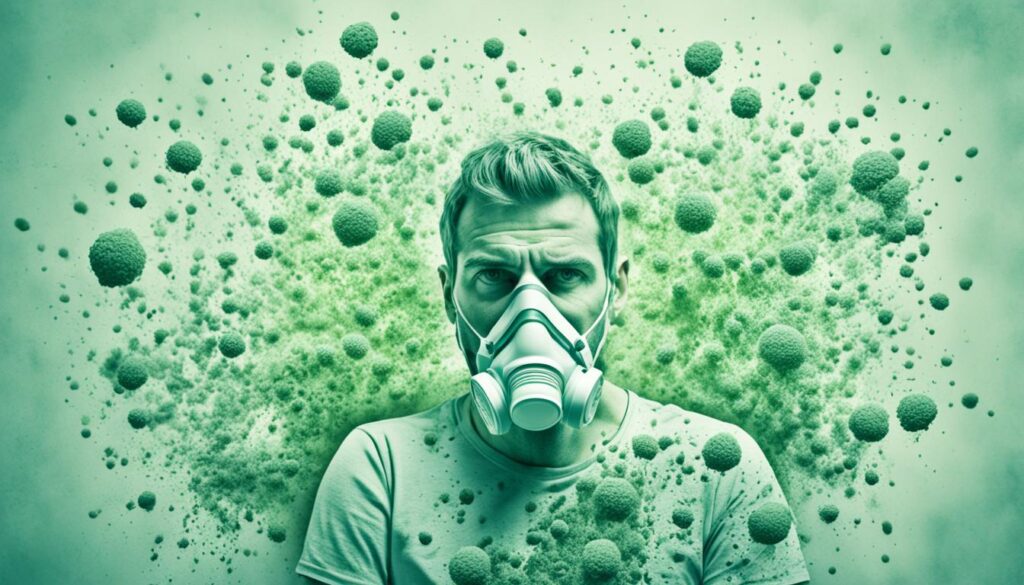
Steps to Protect Your Well-being
To safeguard yourself from mold exposure in Florida, it is crucial to implement effective prevention measures. Start by ensuring proper ventilation in your home or workplace. Regularly inspect and fix any leaks or water infiltration sources to prevent moisture buildup, which can lead to mold growth.
Conducting a comprehensive mold assessment is essential, especially if you suspect a mold problem. Professional assessment services can accurately identify mold sources and determine the extent of the infestation. This information is crucial for developing an appropriate remediation plan.
When it comes to mold remediation, it is highly recommended to engage the services of professional mold remediation experts. These specialists have the knowledge, experience, and equipment to remove mold safely and effectively. Attempting DIY mold removal can be risky and may not completely address the problem, putting your health at risk.
In addition, practicing regular maintenance and following a few mold prevention tips can significantly reduce the chances of mold growth in your environment. Keep indoor humidity levels below 50% by using dehumidifiers or air conditioning. Clean and dry water-damaged areas within 24 to 48 hours to prevent mold from spreading. Use mold-resistant materials in construction or renovation projects, and regularly clean and inspect areas prone to moisture, such as bathrooms and basements.


